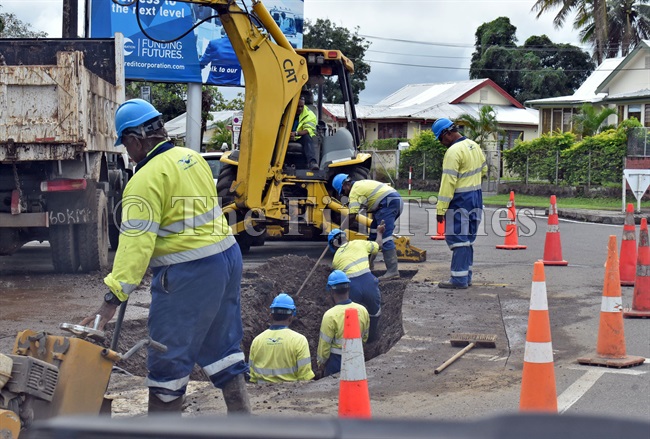The Water Authority of Fiji (WAF) has to be corporatised to ensure that it has the financial and operational autonomy it needs to succeed, states the Fiscal Review Committee in its 2024-2025 budget submission.
Committee chairman Richard Naidu states corporatisation does not mean privatisation, adding the international experience with privatisation of water supply utilities shows limited success.
“For reasons that are largely unexplained, the effective corporatisation of WAF, including allowing it to implement a pricing regime which would properly fund its operations and infrastructure, has been ignored for more than 10 years,” states the committee.
“The consequences for consumers, investors and government finances are serious and frequently felt in the form of water supply failures.
“WAF’s own customer engagement indicates that a wide range of consumers understand that they should pay more for water supply, particularly if it will improve reliability of service.
“WAF reports widespread customer acceptance of a rate of at least 50 cents per 1000 litres. If this was implemented, even over a period of time, it would triple WAF’s current revenue of just over $40 million per annum to over $120 million per annum.
“That level of funding, including additional revenue from business users, would open up significant opportunities for WAF to borrow to fund the critical water and sewerage infrastructure that Fiji needs.
“Given the serious under-investment in WAF over the last 20 years, it will be many years before WAF becomes self-sustaining and Government direct financial support will need to continue.
“However, WAF needs re-organisation and additional sources of funds now, not later, so that it can make up for lost time on necessary infrastructure investment.”

